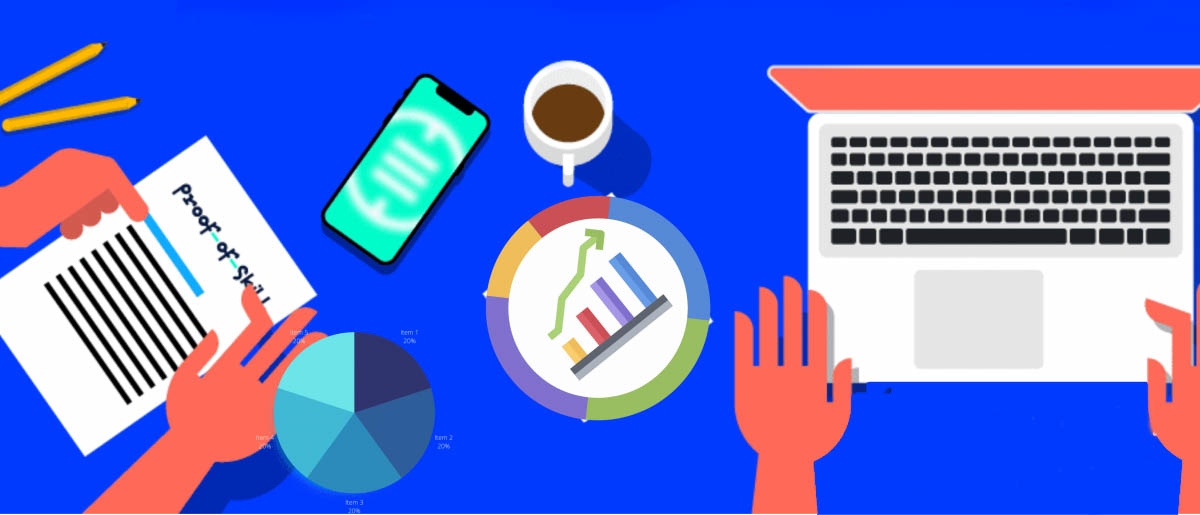The Data for All project brings together a multidisciplinary team from across Tufts University – experts in nutrition science, obesity prevention, human factors engineering, and computer science and programming – to set the stage for the development of a sophisticated, responsive, and innovative technological platform that will give communities power to generate, integrate, analyze, share, interpret, and communicate their own data, which will lead to lasting improvements in community health.
As part of this effort, we conducted a comprehensive landscape assessment to identify
- Existing technology platforms that incorporate facets of our proposed platform (e.g., community dashboard)
- Opportunities for integrating new data sources (e.g., smartphone or wearable technology data, electronic health records) into the evaluation process
- Interactive data solutions that could be useful for our community partners (e.g., Tableau, R Shiny).
We also held a hackathon-style event, The VizAthon, which was aimed at producing compelling data visualizations that bridge scientific research and community-level initiatives. The VizAthon engaged both graduate and undergraduate students from across Tufts University with the goal of helping community organizations like health departments and nonprofits to better understand, track, communicate, and address the complex public health problem of childhood obesity. A team of faculty and staff from the Friedman School of Nutrition Science and Policy, the School of Engineering, and the Data Intensive Studies Center at Tufts University invited students to use publicly available datasets to create static or interactive visualizations to display data, with the option to either use existing programs like Tableau or Excel or to write new programs using programming languages like R or Python.
This exciting pilot project is helping build and strengthen important, cross-University relationships that will enhance the important work of helping communities across the country harness the power of their own data to improve health.
Learn more about The VizAthon and the winning project here.


